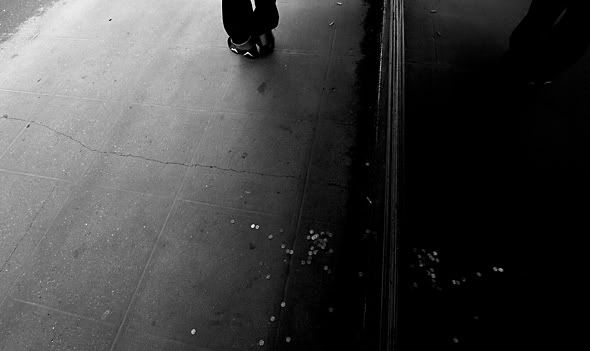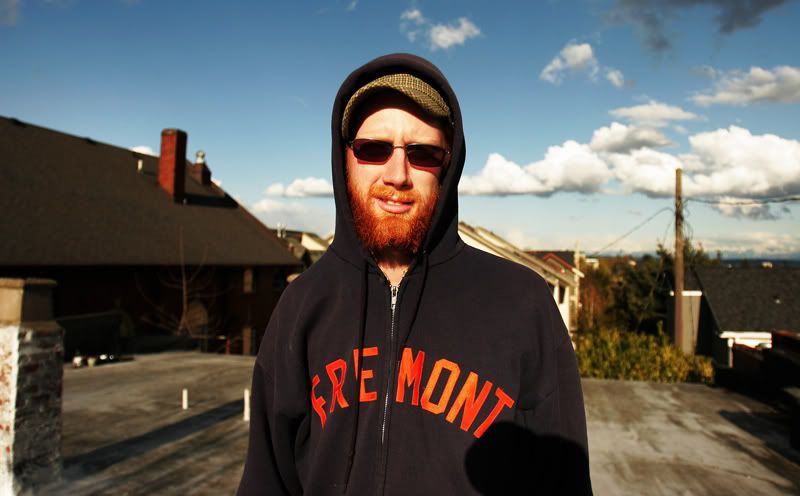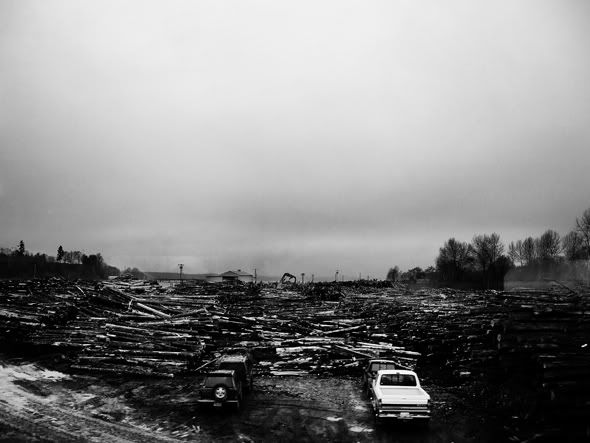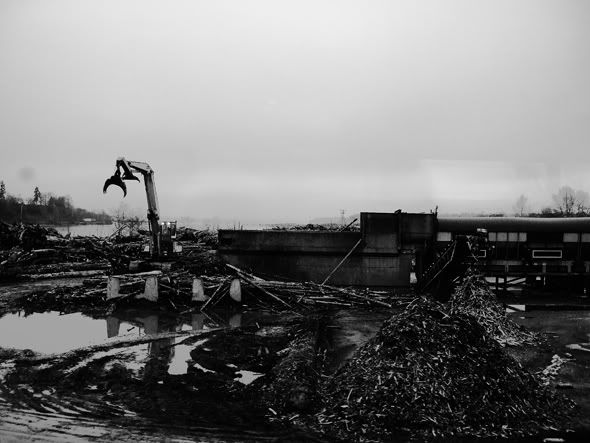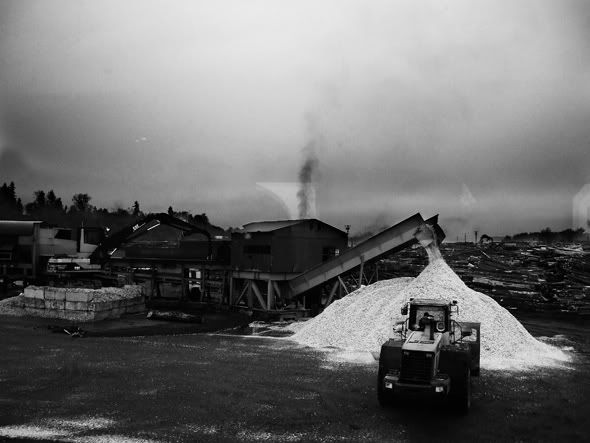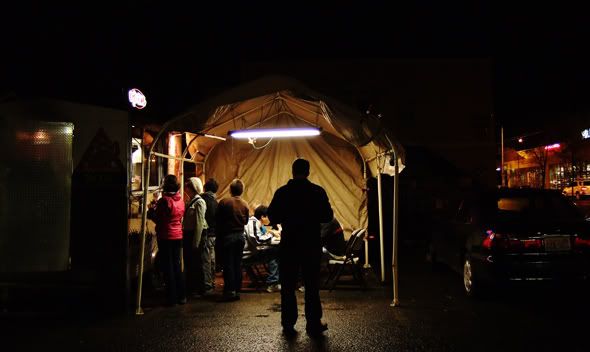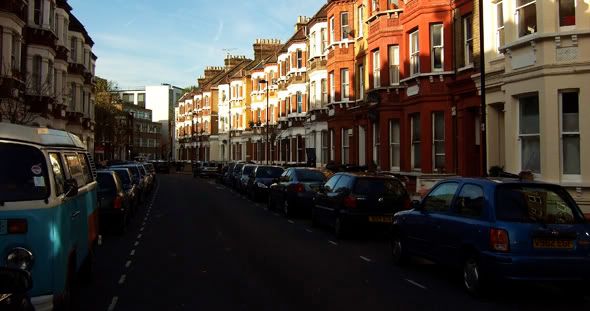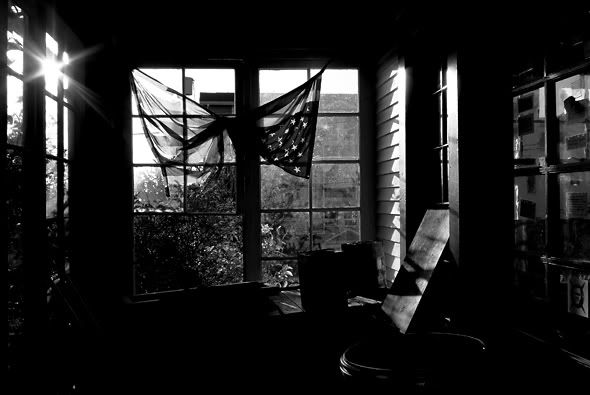If I still had the images I’d show them to you. Oh, you would have thought it beautiful I believe. I know I did. But something happened between London and Seattle, and these captured moments didn’t make it.
Skye, a small but popular island just off the west coast of Scotland, is where this memory takes place. Most tourists come in the summer, maybe even late spring or early fall, but certainly not approaching winter, when the clouds roll in low and dark carrying great cauldrons of water just waiting to make landfall.
So with my aversion to being pegged as a tourist I arrived in the “off season”. It was late October and I had not seen the sun (save for a glorious 2 hours the day before) in weeks. I took the bus from Kyle of Lochalsh (I tried to hitch but found it rather difficult to score a ride) over the white bridge and onto the Isle of Skye. Some kind souls at a hostel in Comrie told me if I made it out to Skye I must stay at the
Sligachan hotel.
And to the Sligachan hotel I went. As my bus rolled over the narrow road that took me there I peered through the window trying to get a feel for what surrounded me. We drove through villages with 7 or 8 human sized houses and passed pubs that were already closed for the winter. I cannot now nor will I ever be able to properly describe to you how the weather seemed to be in a sort of communion with the land that rose up around me.
Rainbows appeared and then disappeared like apparitions, as if they did not want you to enjoy their varied hues for too long. Clouds mingled with fog, shrouding hilltops from view and leading me to imagine
Munros that stretched skyward for miles only ending when they gave up their lonely ascent to live out a humble yet communal existence with the men who scaled their crags.
After rainbows and clouds and limitless peaks I finally found that which I had been seeking. A 175-year-old hotel built at the base of the Black Cuillin mountain range. Traditional stonewalls painted white supported a black shingled roof. I did not stay in the hotel itself (the Pound did not favor anyone traveling from abroad and the prices were too steep for me) but in a separate bunkhouse set back from the main road.
I paid for my bed, was handed a key and shown the way up the hill. After crossing over an old stone bridge (everything in Scotland is old and made of stone, seriously) and walking up a slight hill I came to the “bunkhouse”. I went inside, found my bed and after a quick tour of the building realized I had the place to myself. Rain lashed against the windows as I stacked and lit lumps of coal in the fireplace to try and warm the place up a bit.
By 5 it was dark outside and my stomach was growling. I located the lights in the big empty kitchen and began to boil some water for the noodles I had brought with me. With no sauce I ate the noodles as they were and drank water from the faucet. I tried living on the cheap while in Scotland and even then found my money disappearing rapidly. After this simple meal it was time to venture down the hill in search of a pint and some friendly conversation.
Actually, the mystery of my disappearing funds could be attributed to not only a poor exchange rate but also two pint sized and unassuming words: cask ale. I discovered a wealth of these beautifully crafted and locally distinct ales in nearly every town I stopped at and had little to no self restraint in trying to not indulge along the way. This desolate outpost was no exception. They had a small pub inside the hotel that served ale brewed on premises from rain water that ran down the steep sides of the Cuillins. So with a local ale in front of me, the manager of the hotel telling stories next to me and a warm fire behind me I looked around and decided that it was good, very good.
And it was all very good until an hour or so later when I accidentally locked my keys in my room (not a hard thing to do with the door automatically closing and locking behind you) and had to trudge back down the hill in the dark, barefoot and cold, and into the pub to ask for a spare key. Of course there was a good round of laughter at the expense of the barefoot American, which was promptly followed up by a sympathetic bartender finding a spare key and giving me a lift back up the hill.
I slept fitfully that night, dreaming of the ghouls that surely haunted these strange and lonely peaks.
By morning the rain had tapered off enough and I stuck out my thumb in an effort to hitch a ride out to Uig, a small port that facilitated ferry sailings to the Isle of Harris. Harris was my furthest stop west in Scotland, and about as far west as you could possibly go while still remaining in Scotland. My time on Harris was dark and lonely, a story better saved for another day. An excerpt from a journal entry penned while staying there read as follows,
The wind howled around my little caravan all night. I woke up at some point in the darkness wondering if my abode would simply be picked up and dropped into the sea…But I wasn’t there yet and still had an optimistic outlook of the journey ahead. It took me three separate (but successful) hitches to get across Skye. A traveling teacher with a weakness for plastic tipped cigarillos dropped me off at the ferry dock. I thanked him and dipped inside the Caledonian MacBrayne waiting room where tickets were sold.
Later on, stinging rain whipped sideways by the wind slapped my face as I stood outside taking pictures of the dock and talking with an attention starved collie set to wondering the soaked through pier in search of company.
An hour later the ferry came in, slow and powerful, and I walked to the end of the long pier. I boarded, found a spot on the deck but out of the wind and watched Skye fade out of sight and back into the fog where it belonged.
